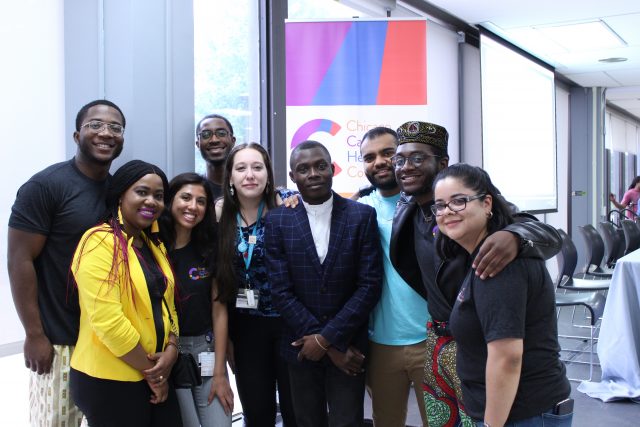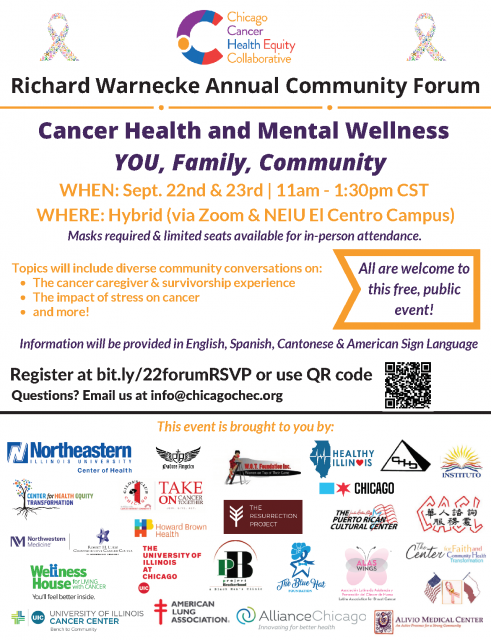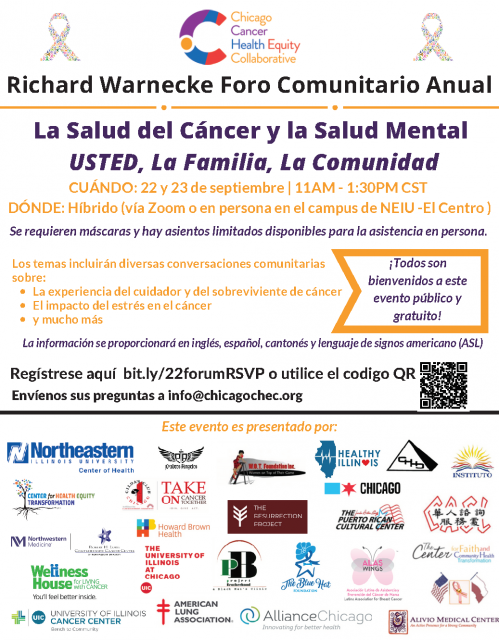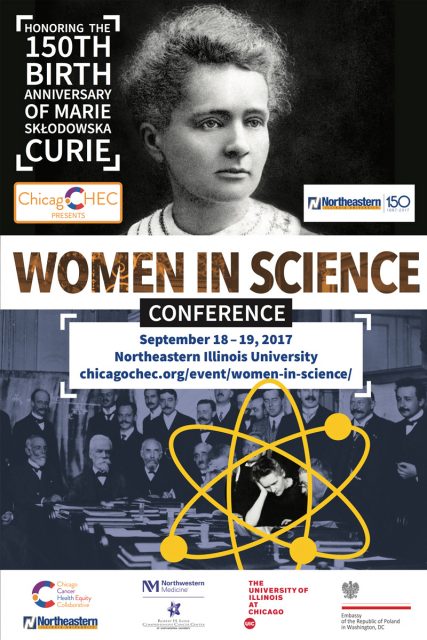Join us in vibrant downtown Chicago for the 7th Annual IM4US Conference, Equity and Healing: Integrative Approaches to Bridging Racial and Socioeconomic Disparities in Health Care.
Hosting Institution: Northwestern Medicine Osher Center for Integrative Medicine
Conference Dates and Locations:
- August 24: Pre-Conference Workshops at Prentice Women’s Hospital Conference Center
- August 25 & 26: Main Conference at Feinberg Pavilion at Northwestern Memorial Hospital
Click here for registration information
The IM4US ANNUAL CONFERENCE is a unique educational experience for healing professionals, administrators, students, advocates, and the community to learn about affordable integrative approaches to common health conditions, share evidence-based best integrative practices, and be part of a like-minded community for activism around IM for the underserved.
Integrative medicine is often seen in our culture to be for the wealthy, involving expensive supplements and treatments that low-income patients cannot afford. Most of the educational opportunities that currently exist on this topic are geared towards healers in private practice with patients who are willing and able to spend money on such treatments. Yet, many integrative treatments are not only more effective but also more cost-efficient, and many community clinics and other practices are already using these strategies with underserved populations.
Conference Tracks:
- Research
- Policy/Advocacy
- Clinical Practice/Skill-Building
- Administration/Practice Management
Conference Objectives:
- Foster community among all of those who have a commitment to providing integrative health care for the underserved (healers, educators, administrators, researchers, advocates, policy makers, patients, etc.)
- Highlight existing sustainable health care models and innovative structures of practice that embrace an integrated approach and increase access to care
- Build an international movement that advances policy and provides advocacy for those that face injustice in health care due to racial, socioeconomic, or other factors
- Shift the paradigm in health care towards one of wellness, prevention, patient empowerment, self-care, and lifestyle changes
- Develop skills, disseminate practical information, and share strategies for providing quality care for the underserved
- Feature cutting-edge research and welcome investigators who will further the field

Accreditation Statement:
This activity has been planned and implemented in accordance with the accreditation requirements and policies of the Accreditation Council for Continuing Medical Education (ACCME) through the joint providership of Northwestern University Feinberg School of Medicine and Integrative Medicine for the Underserved. The Northwestern University Feinberg School of Medicine is accredited by the ACCME to provide continuing medical education for physicians.
Credit Designation Statement:
The Northwestern University Feinberg School of Medicine designates this live activity for a maximum of 18.75 AMA PRA Category 1 Credit(s)™. Physicians should claim only the credit commensurate with the extent of their participation in the activity.
Educational Objectives:
- Identify appropriate integrative medicine treatment strategies for use in underserved and ethnically diverse patient populations.
- Evaluate current research involving integrative care for the underserved
- Share skills and knowledge in sustainable integrative models in underserved populations. Compare and contrast appropriate integrative medicine treatment strategies for use in common problems seen in underserved patient populations
- Evaluate the indications, benefits, and risks of integrative medicine approaches for underserved populations and select appropriate resources based on patient needs and preferences
- Develop innovative best practice models for providing effective integrative healthcare for patients suffering from various health disparities
- Identify new health care providers and healers across disciplines that have a commitment to integrative medicine for the underserved.
- Build a network of providers who support mutual learning and interdisciplinary clinical practice.
- Discuss practical options for helping support patient self-care, self-efficacy and self-management tools.






